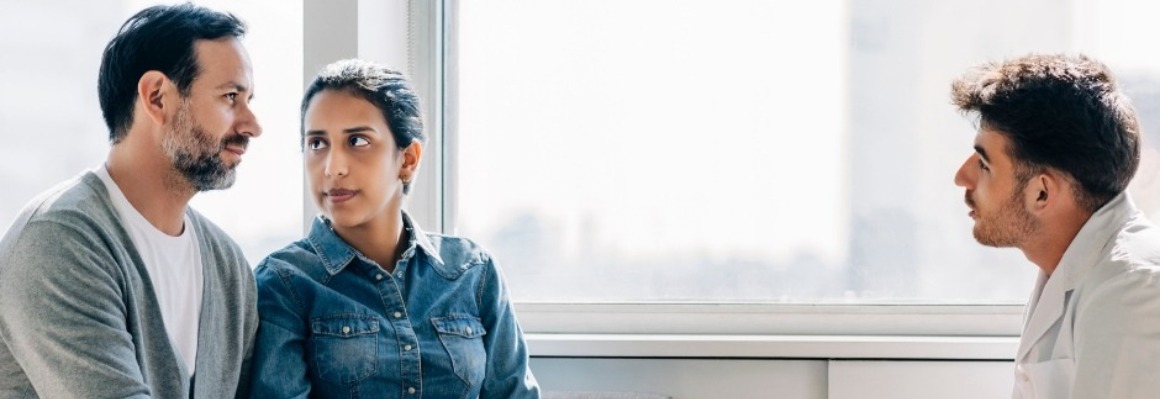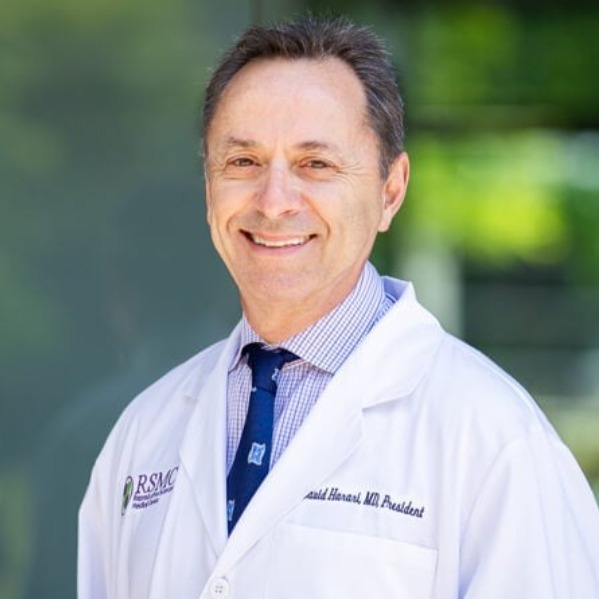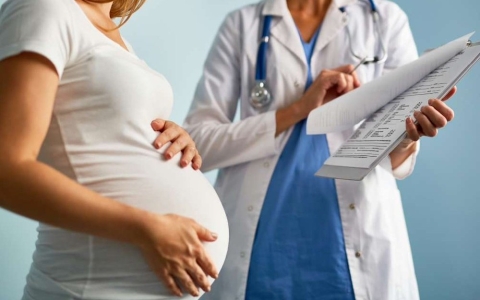Can IVF Treatment Be Done with Cancer?

When facing cancer, many cancer patients are concerned not only about cancer treatment but also about whether their fertility will be affected. With advances in IVF technology, it is no longer difficult for cancer patients to realize their dream of having children. RSMC will tell you how to safely achieve the dream of childbirth during cancer treatment.
Can you still have children after cancer?
Yes, if unmarried, egg freezing can be done before cancer treatment. If married, eggs can be retrieved and combined with the husband's sperm to create frozen embryos to prevent the quality of eggs from being affected by treatment. This also allows for the continuation of IVF treatment after recovery. Cancer itself and its treatment methods, such as chemotherapy or radiation therapy, may cause ovarian atrophy or decline, affecting female fertility. By timely egg freezing or embryo culture followed by freezing, the opportunity to have children in the future can be preserved.
How long after cancer recovery can IVF treatment be done?
Because chemical toxins may remain in the body after chemotherapy, it is recommended to wait for at least 6 months after recovery, and only proceed with IVF treatment after receiving clearance from an oncologist and confirming that there are no residual cancer cells in the body. During IVF treatment, the stimulation of follicle growth may lead to hormonal changes in the body, increasing the risk of cancer recurrence. In such cases, customized IVF treatment is needed. Doctors will discuss with your oncologist and use medication to suppress estrogen levels while stimulating follicle growth, thereby reducing the risk of cancer recurrence. Women who have already frozen eggs before cancer treatment do not need to worry about these risks.
What if the body is not suitable for pregnancy after cancer treatment?
If, after cancer treatment, the body is not suitable for pregnancy due to discomfort caused by cancer treatment, childbirth can be achieved through a surrogate mother. Surrogacy is fully legal in the United States, but in Taiwan, although the artificial reproduction law has passed its third reading, there may still be some way to go.
Further Reading: Intended Parents: Navigating the Path to Parenthood with RSMC
Will IVF cause cancer?
Many customers often ask us if undergoing IVF will make them more prone to cancer. In fact, there is currently no scientific evidence to verify the relationship between the two. If not taking medication for long-term egg retrieval, the impact of drugs on the body is minimal. However, if there is a history of gynecological cancer in your family or if you have gynecological diseases such as uterine fibroids or breast fibrocystic changes, it is recommended to inform your attending physician before starting treatment so that the doctor can assess the medication according to your individual condition.
Schedule a free consultation with our doctors and know more about the process and cost. Please add Line / wechat:rsmctw , whatsapp: +1 858-342-6046 .

DR. DAVID HARARI
RSMC Director and Medical Group President
Dr. Harari earned his medical doctorate from the University of Georgia Medical Center, completed his internship at Georgia State Medical College, and subsequently finished his residency at Mercy Hospital Medical Center. With over 30 years of clinical experience, he currently serves as the President of the San Diego Obstetrics and Gynecology Association, boasting over 400 professional OB-GYN members. Dr. Harari respects each patient's individual preferences during the treatment process, providing them with the most professional treatment guidelines and working collaboratively to help them achieve their goals. He believes in the importance of open communication between the doctor and patient, willingly sharing his past medical experiences and offering the most professional medical advice.
About Dr. David Harari
Other
-
2024/11/18ivf
What is a Uterine Polyp? Does It Affect Fertility?



